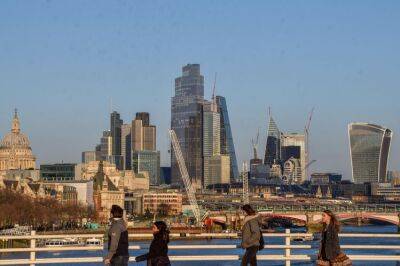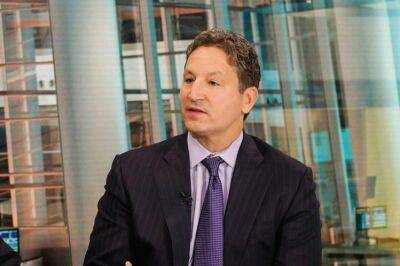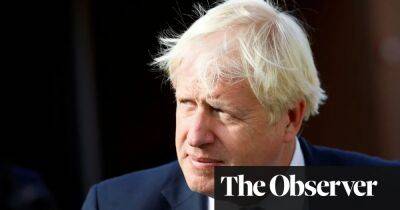Brexit hit UK growth by £29bn, says Bank of England rate setter
The UK has suffered a loss of business investment since the 2016 Brexit referendum worth £29bn, or £1,000 a household, according to a study by a senior Bank of England official.
Jonathan Haskel, an external member of the Bank’s nine-strong monetary policy committee that sets UK interest rates, said private sector investment “stopped in its tracks” in the years following the decision to quit the EU.
He said that in the aftermath of the vote the UK immediately began to fall behind the trend of the previous six years and “suffered much more” when compared with other major industrialised economies, opening up a productivity gap that has left permanent scars.
The study by Haskel and his team is likely to fuel concerns that the Brexit vote and the strategy adopted by the former prime minister Boris Johnson to leave the EU single market and customs union has done irreparable harm to the UK economy.
A secret cross-party summit last week bringing together leading leavers and remainers – including Michael Gove and senior members of Keir Starmer’s shadow cabinet – debated Britain’s struggles since leaving the EU and what could be done to improve the situation.
Most studies looking at the UK’s loss of national income, or gross national product (GDP), have focused on trade. The Bank of England said in its most recent outlook for the economy that comparing the UK’s current level of trade with the trajectory before the UK formally left the EU in 2019, would amount to 3.2% of GDP by 2026.
The government’s independent economic forecaster, the Office for Budget Responsibility, said GDP would be 4% lower in the long run than it would be had the UK remained inside the EU.
Haskel said he approached the calculation using business investment as the
Read more on theguardian.com




















